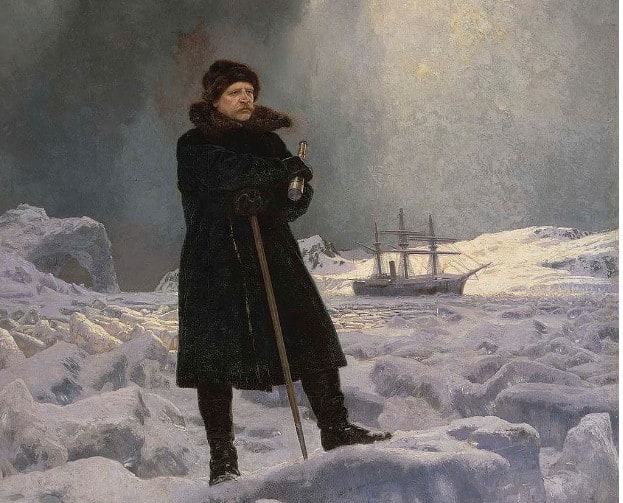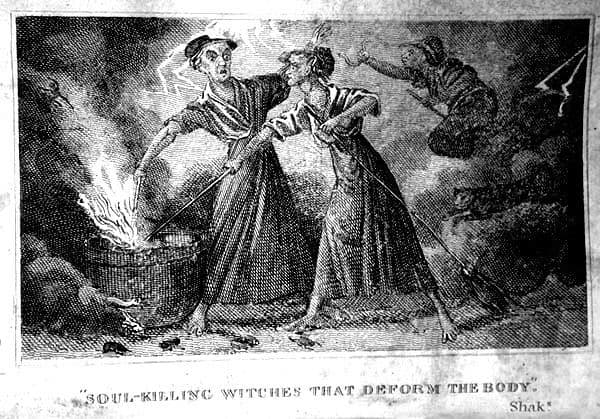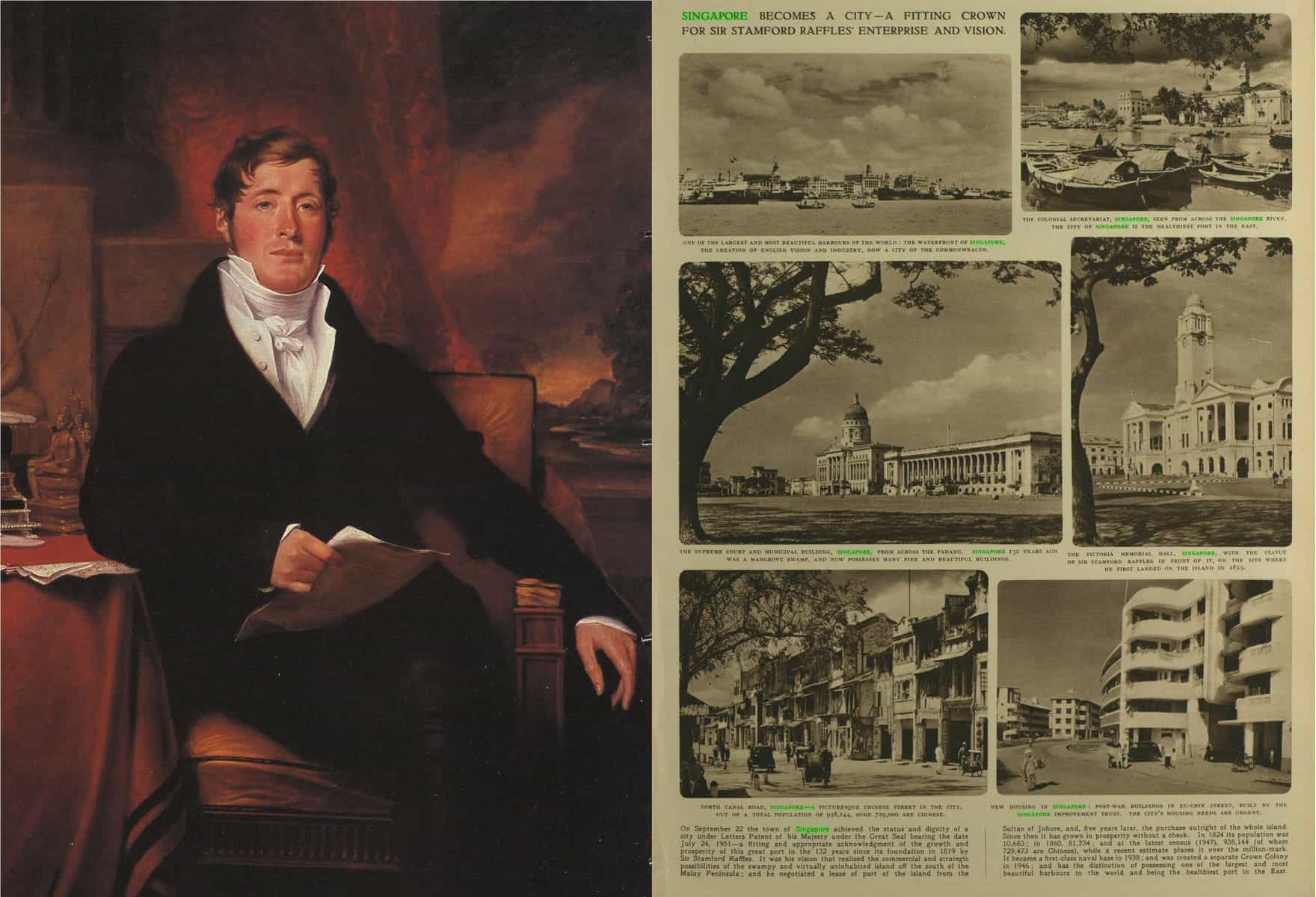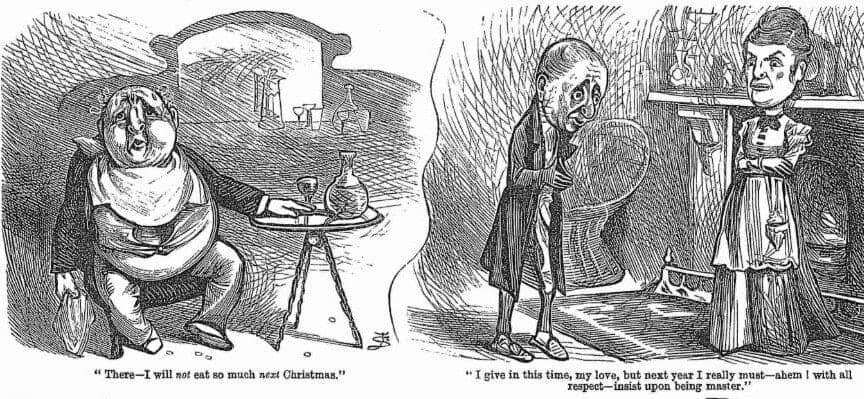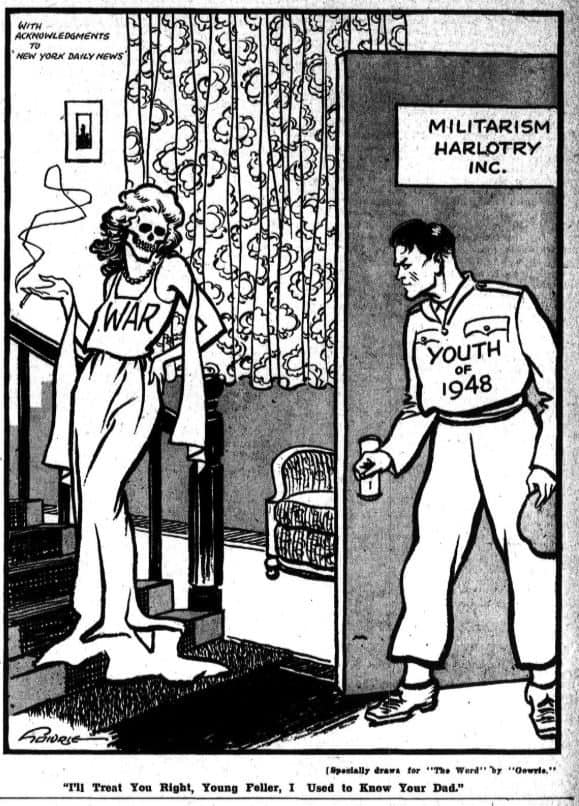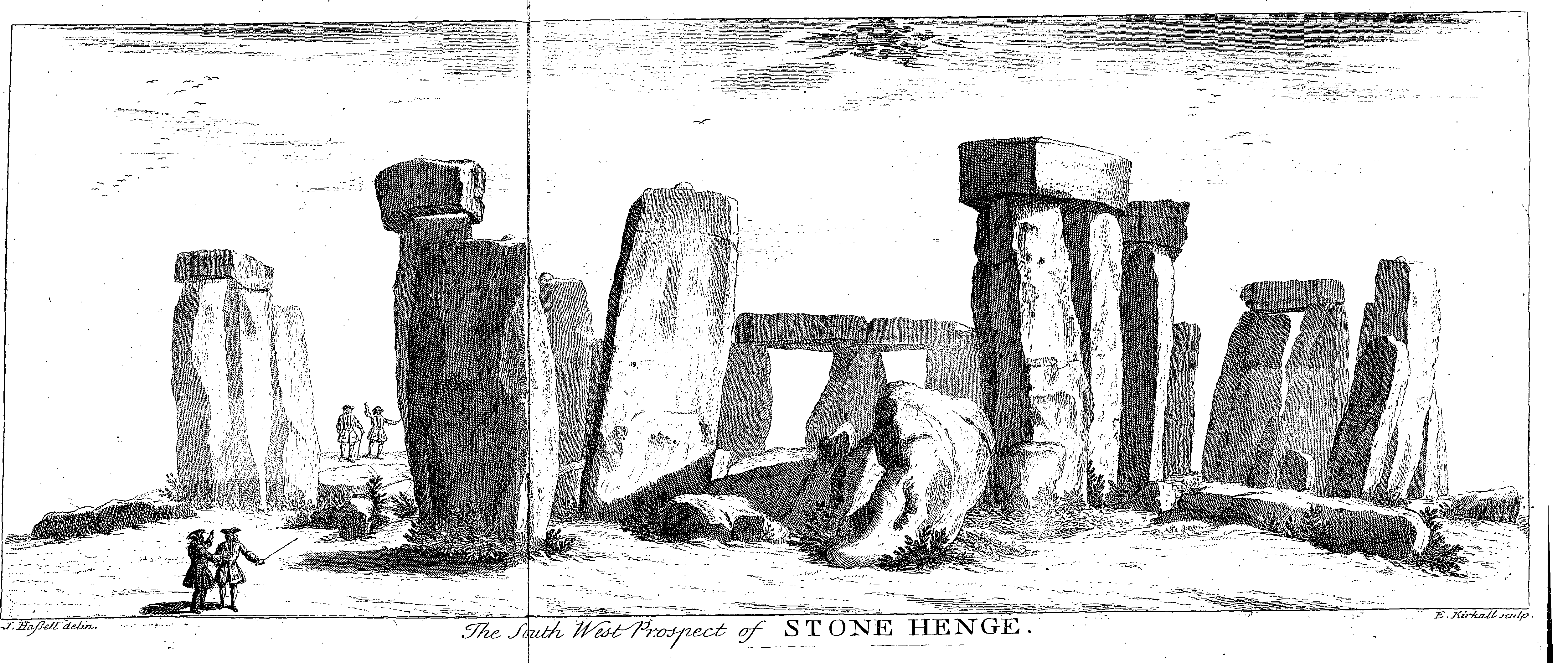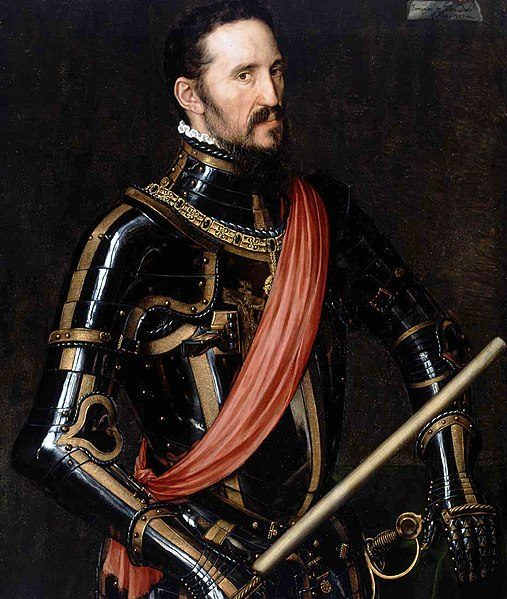By Pauli Kettunen, Gale Ambassador at the University of Helsinki
One hundred and forty years ago, the world was speculating about the survival of a significant arctic exploration party. One can read, for example this article in The Western Daily Press, one of the periodicals included in Gale’s British Library Newspapers. With Professor Adolf Erik Nordenskiöld leading the expedition, the steamer Vega had departed on August 27th, 1878 for the Northeast Passage, the shipping route to the Pacific Ocean along the Arctic Ocean coasts of Norway and Russia. As radio technology had not yet been developed, there were no means for the press to get in touch with Nordenskiöld and his crew. In the reporter’s words, “More than seven and a-half months have…now elapsed and nothing more has been heard of him.” Nevertheless, the newspaper firmly believed that the expedition would be safe, possibly having stopped to spend the winter at “the sheltered bay of Kulynchinska.” Without faster means to confirm this, organisations that had invested in Nordenskiöld’s expedition, or were otherwise interested in the Northeast Passage, were planning to send out search parties to look for the Vega.

